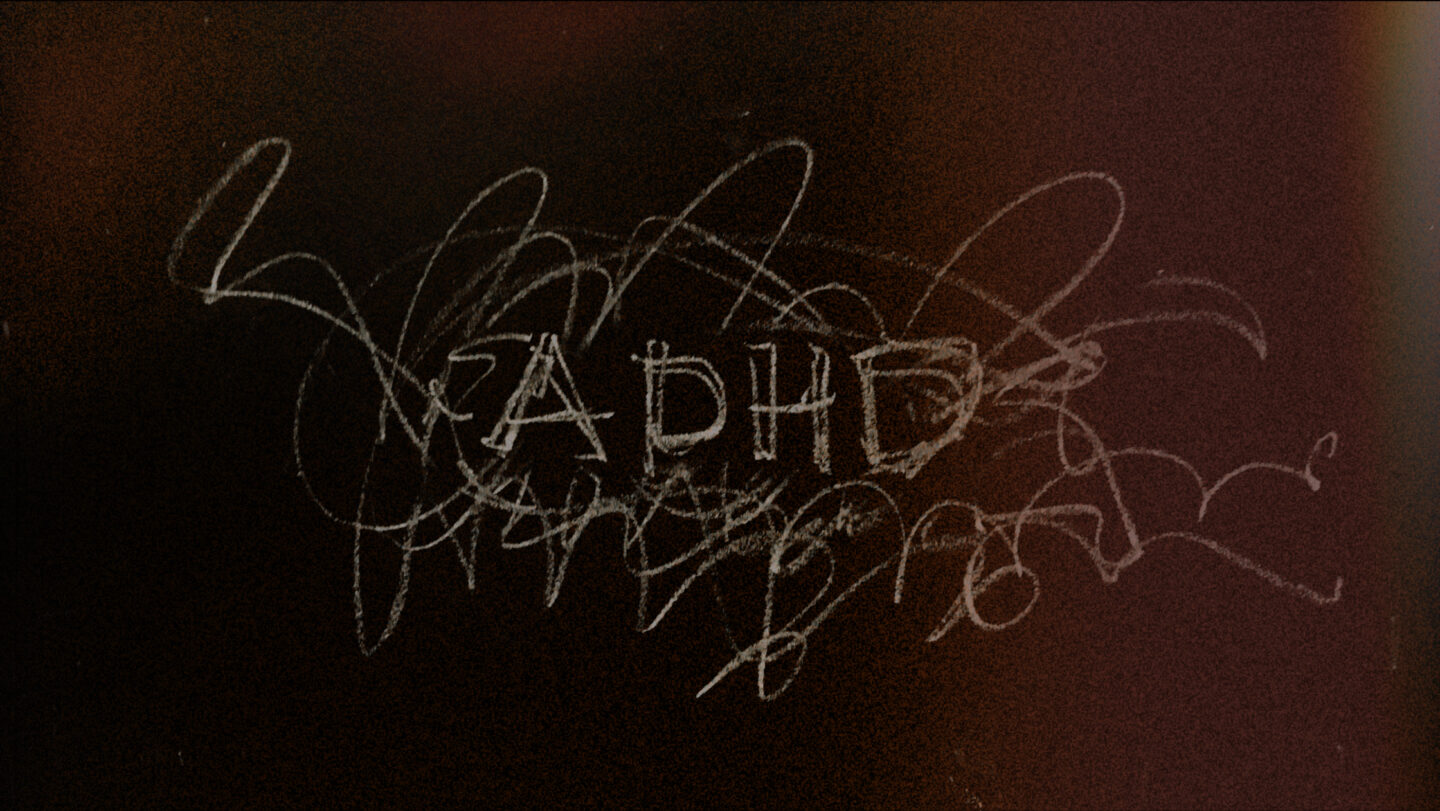
By Jacqueline Allen, an EMDR Therapist
My life has been filled with paradoxes. I was a straight A student during my master’s program yet often felt like I was a disorganized, distractible, unproductive, procrastinator that oftentimes had to fish through piles of clothes in the morning and who began and completed assignments just before they were due. When traveling with my church I was the only person whom my youth leader instructed to create a plan for keeping up with all my belongings. My siblings would accuse me of constantly taking naps to get out of doing chores. I pendulated between knowing that I was a hard worker yet recognizing that I couldn’t keep up with daily tasks in the ways that others did. I would struggle to feel motivated to do an assignment yet an hour before it was due, I would discover the ability to hyperfocus and produce A+ papers. I was successful at school and work but often felt like a mess behind closed doors.
Two months ago, I was officially diagnosed with ADHD. I am learning that I wasn’t a lazy teen who used naps to get out of chores but an individual that was tired from feeling overstimulated throughout the day. I wasn’t irresponsible, I was a girl that was managing symptoms of inattention which would cause me to be forgetful, often misplacing my belongings. I am learning that I have an incredible brain with many strengths but also a brain that has insufficient dopamine levels in its reward center. This means that my brain does not experience the gratification spike of dopamine from everyday tasks in the way that neurotypical brains do, causing deficits in focus and organization.
So, how is it that I, a 30-year-old woman of color, could get diagnosed so late in the game? Well, when you begin to research studies on ADHD you quickly discover that white males have been the main source of our current understanding of ADHD. This results in an incomplete understanding of how ADHD typically presents in women. Women are vastly underdiagnosed because we often present with inwardly symptoms of hyperactivity and inattention that gets labeled as “lazy”, “ditzy”, “unproductive”, etc.
As I research ADHD, I am encouraged to discover a thriving community of people that have incredible strengths as a result of having ADHD. Strengths that include creativity, being easily forgiving, innovative, and often experts in our crafts due to our ability to hyper-focus.
If you are a woman that resonates with my experience, know that you are far from a disorganized, distractible, unproductive, procrastinator but could simply be a woman with ADHD. Know that you are not alone but a part of a community of powerful teachers, successful doctors, Grammy award winners, psychologists, mothers, activists, innovators and more. You are a part of a community that is actually discovering that ADHD can be a strength if we learn ways to properly manage it.
How to Manage Your ADHD
I am still learning how to manage my ADHD (inattention type) symptoms but below you will find four tips, some of which are from a book called ADHD 2.0: New Science and Essential Strategies for Thriving with Distraction from Childhood to Adulthood and some of which came from the psychologist that conducted my assessment:
1. Recognize that your brain is not inferior, just possessing a different set of strengths/traits in a neurotypical world. Focus on areas that you are strong in and be gracious with yourself during “tough” brain days.
2. Begin to learn ways to set up systems of structure in your environment (if possible, with the help of a therapist that specializes in ADHD, an Executive functioning coach, and/or ADHD content creators online).
a. Here are a few environmental adjustments I have made:
- Body-doubling: I struggle feeling motivated to do certain work tasks, so I utilize something called body-doubling. This is simply doing a task in the presence of another person in an attempt to increase motivation and productivity. I schedule virtual body-doubling sessions with a cousin of mine that also has ADHD. We hop on a zoom call, briefly share what tasks we plan to complete, we mute ourselves and then we get to work. I have completed loads of notes and admin tasks for my job as a Licensed Clinical Professional Counselor because of our body-doubling sessions.
- See it to believe it: I struggle with something called object permanence, which means that when I am not looking at certain objects, I forget that they exist. I can’t tell you how often I have forgotten to take my medication, bought duplicate groceries while shopping, and have had to desperately search for my phone after having just used it. What has been helpful for me to find a “home” for certain objects that I consistently lose/forget about.
- Utilizing alarms: At times, I struggle with time blindness so setting alarms related to certain tasks has been helpful.
3. If treatment is accessible to you, I recommend exploring if medication or neurofeedback would benefit you. Neurofeedback is the process of assessing and training the neurons in the brain to help train the brain to self-regulate. Neurofeedback has been shown to effectively treat ADHD symptoms like attention difficulties, sleep issues, and struggles with completing everyday tasks.
4. In light of us living in a neurotypical world it’s important to follow social media content creators that have ADHD to gain inspiration and helpful tips/tools as we attempt to discover what ADHD coping skills personally work for us.
I leave you with this quote:
“No brain is the same. No brain is the best. Each brain find its own special way”
– Edward Hallowell
Jacqui
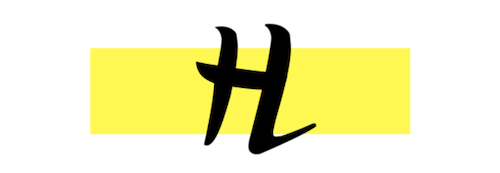

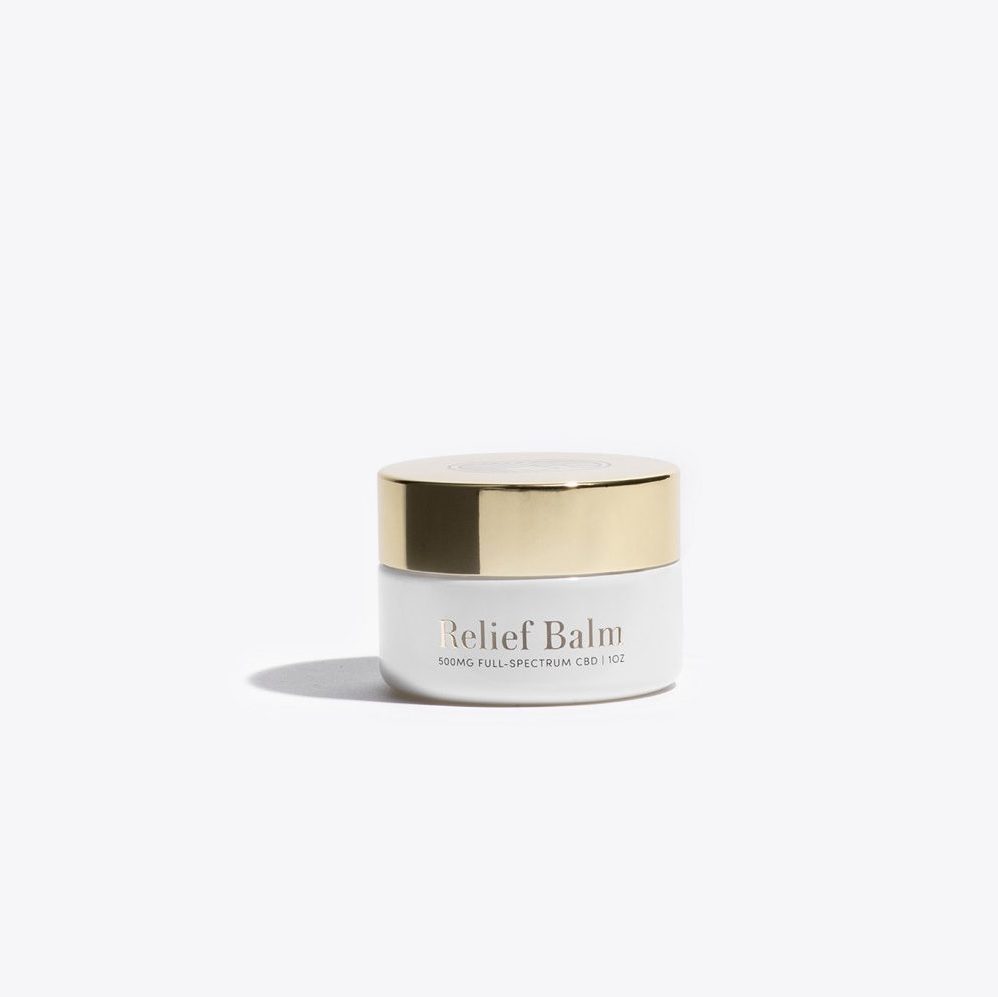
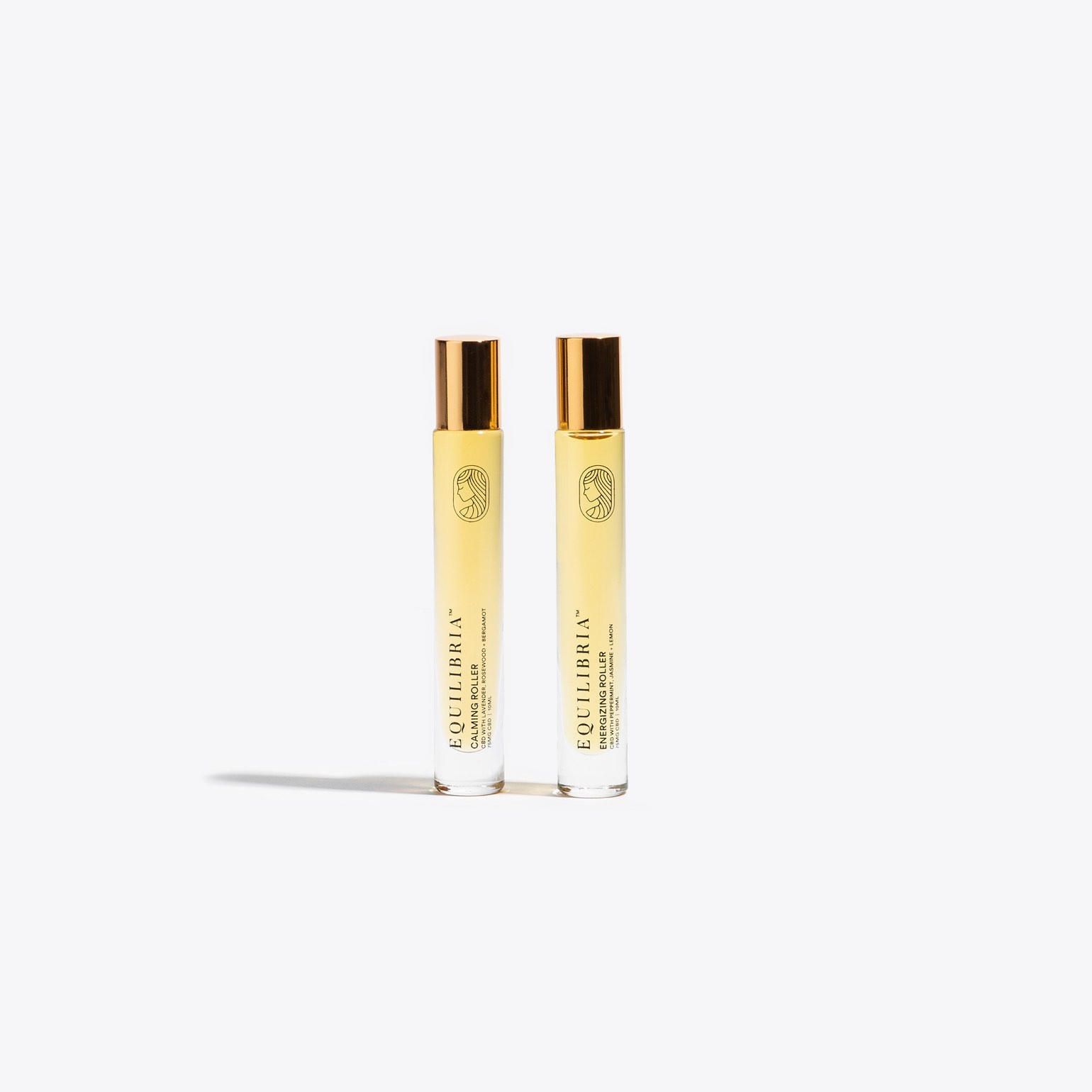
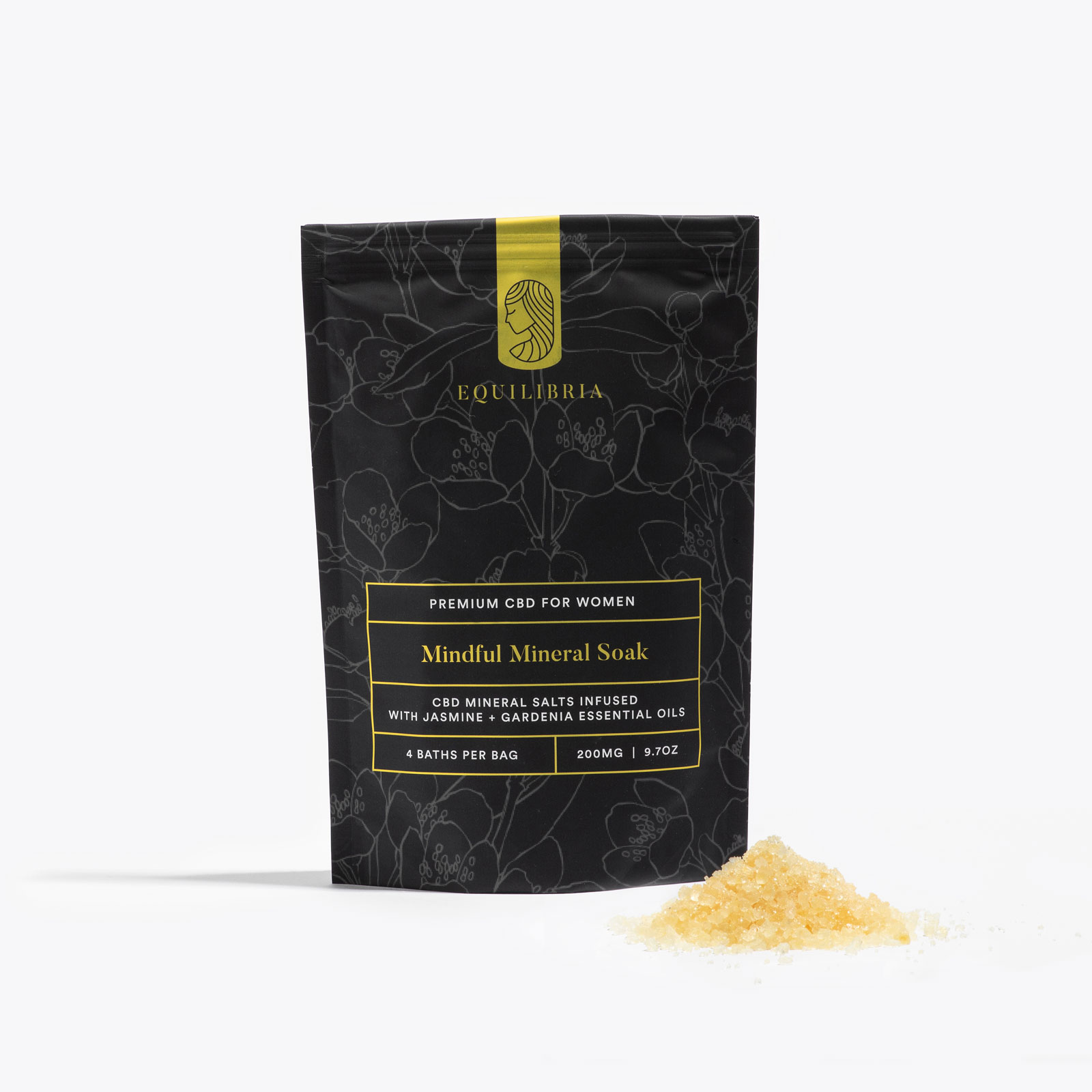


Hi Jacqueline, great post!! Resonates with me and others I know for sure. In what ways do you suggest managing ADHD to make it a superpower? Like do you have any tips?
Author
Hi Paula, thank you for the question. We updated the blog post with a few practical tips you can make to manage your ADHD. Hope this helps!